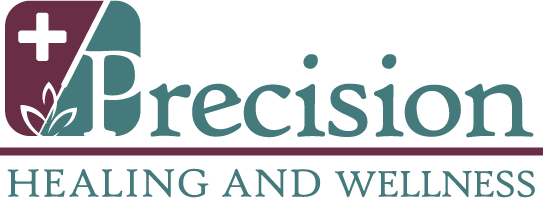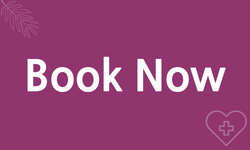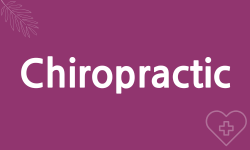Acupuncture is the ancient practice of placing thin steel needles into the skin in strategic areas and patterns. The purpose of this gentle form of traditional Chinese medicine is to relieve certain health conditions and unwanted symptoms. It is touted as an effective treatment for a wide variety of ailments, mental and emotional as well as physical.
You may be wondering, is acupuncture good for anxiety? Studies reveal that the answer to that question is a resounding “Yes!” This is great news for more than 40 million adults in the United States who have symptoms of anxiety.
Is Acupuncture Good for Anxiety?
According to one study, patients with generalized anxiety disorder who received acupuncture experienced a reduction in symptoms when compared to the control group. Further research indicates that acupuncture may reduce anxiety for up to 10 weeks for some people. The exact mechanism for its effectiveness is still being studied.
You may find that acupuncture helps relieve your anxiety more than any other treatment you’ve tried. The treatment has a low risk of side effects, which makes it an attractive alternative to other treatments. Most people experience little to no side effects from acupuncture, and those who do occur are typically limited to temporary soreness and bruising at the treatment site. If you still wonder, “Is acupuncture good for anxiety?” the best way to find out may be to try it for yourself.
Book Your Appointment
Take the first step on your health and wellness journey by booking your acupuncture appointment today. New customer? During your first visit, you’ll receive a comprehensive consultation, full first treatment, and insurance verification all in one visit.
3. Anxiety Relief
Many people experience some form of anxiety in their daily lives and seek ways to reduce it. Acupuncture treatments have been shown to promote muscle relaxation, making it a wonderful way to reduce stress and lower anxiety. One of the best points for stress reduction is right between the eyebrows. Often called the “third eye,” this pressure point, along with various others on the body, is stimulated to calm the mind and put you at ease.
4. Relieves Muscle Issues
Some of the first studies on facial acupuncture points focused on their effectiveness in relieving the symptoms of Bell’s palsy. Since the procedure is noted for its ability to stimulate nerves, many have found relief for muscles that are strained or show reduced responsiveness. Be sure to discuss any potential muscle issues with a practitioner before pursuing treatment.
5. Congestion Relief
Did you know that acupuncture can help you get relief from unpleasant congestion? The area where your nostrils meet your face is a pressure point that can relieve blockage in your nasal passages and sinuses. Patients who are experiencing intense congestion often utilize acupuncture to find instant relief and clear their airways for easy breathing.
Does Facial Acupuncture Hurt?
One of the most common questions patients have about facial acupuncture points is whether the treatment is painful. Fortunately, it is almost entirely painless. Since the needles are so tiny, you rarely feel them, even on the sensitive skin of the face. In certain areas, you might feel a slight ache after insertion, but nothing that should cause actual discomfort. Patients look forward to their appointments, and some even fall asleep during the procedure!
How Can You Learn More About Facial Acupuncture?
The best way to learn more is to speak with a practitioner. They can give you specific guidance on how it could benefit you, taking into consideration your overall health. On a first visit to a reputable practitioner, you can expect a full consultation, including information about insurance coverage.
Reap the Benefits of Facial Acupuncture Points
Now that you know more about the potential of facial acupuncture points, you can speak with a practitioner to determine if the treatment is right for you. Learn more about our services at Precision Healing & Wellness and find out how we can help your mind and body heal.








